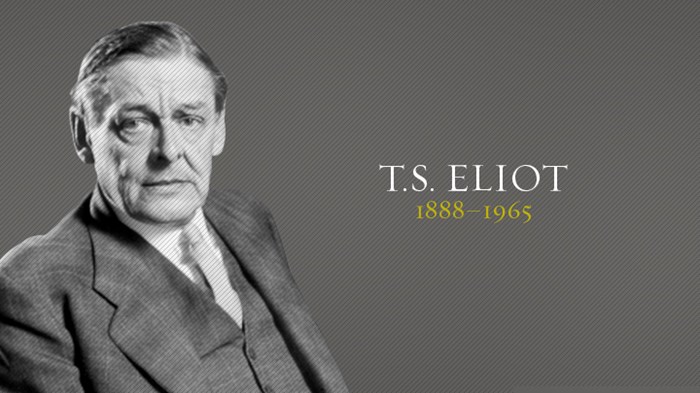
It is T. S. Eliot’s birthday today. Here’s his first major poem from 1911 that has had all poetry moving with it or against it or just giving up in the face of it for over 100 years. The Lovesong is the great divide in poetry between the classic period that came before it and which it references and the “modern ” period that came after. (And I don’t mean merely English poetry, but all world poetry.) The Lovesong is a stern reminder of how far our poetry has fallen in terms of the spoken word in the last few decades. (And I don’t mean merely English poetry, but all world poetry.) Then again much else in our arts and sciences has fallen from the standards set by “men whom one cannot hope to emulate.”
The Love Song of J. Alfred Prufrock
BY T. S. ELIOT

S’io credesse che mia risposta fosse
A persona che mai tornasse al mondo,
Questa fiamma staria senza piu scosse.
Ma percioche giammai di questo fondo
Non torno vivo alcun, s’i’odo il vero,
Senza tema d’infamia ti rispondo.
Let us go then, you and I,
When the evening is spread out against the sky
Like a patient etherized upon a table;
Let us go, through certain half-deserted streets,
The muttering retreats
Of restless nights in one-night cheap hotels
And sawdust restaurants with oyster-shells:
Streets that follow like a tedious argument
Of insidious intent
To lead you to an overwhelming question …
Oh, do not ask, “What is it?”
Let us go and make our visit.
In the room the women come and go
Talking of Michelangelo.
The yellow fog that rubs its back upon the window-panes,
The yellow smoke that rubs its muzzle on the window-panes,
Licked its tongue into the corners of the evening,
Lingered upon the pools that stand in drains,
Let fall upon its back the soot that falls from chimneys,
Slipped by the terrace, made a sudden leap,
And seeing that it was a soft October night,
Curled once about the house, and fell asleep.
And indeed there will be time
For the yellow smoke that slides along the street,
Rubbing its back upon the window-panes;
There will be time, there will be time
To prepare a face to meet the faces that you meet;
There will be time to murder and create,
And time for all the works and days of hands
That lift and drop a question on your plate;
Time for you and time for me,
And time yet for a hundred indecisions,
And for a hundred visions and revisions,
Before the taking of a toast and tea.
In the room the women come and go
Talking of Michelangelo.
And indeed there will be time
To wonder, “Do I dare?” and, “Do I dare?”
Time to turn back and descend the stair,
With a bald spot in the middle of my hair —
(They will say: “How his hair is growing thin!”)
My morning coat, my collar mounting firmly to the chin,
My necktie rich and modest, but asserted by a simple pin —
(They will say: “But how his arms and legs are thin!”)
Do I dare
Disturb the universe?
In a minute there is time
For decisions and revisions which a minute will reverse.
For I have known them all already, known them all:
Have known the evenings, mornings, afternoons,
I have measured out my life with coffee spoons;
I know the voices dying with a dying fall
Beneath the music from a farther room.
So how should I presume?
And I have known the eyes already, known them all—
The eyes that fix you in a formulated phrase,
And when I am formulated, sprawling on a pin,
When I am pinned and wriggling on the wall,
Then how should I begin
To spit out all the butt-ends of my days and ways?
And how should I presume?
And I have known the arms already, known them all—
Arms that are braceleted and white and bare
(But in the lamplight, downed with light brown hair!)
Is it perfume from a dress
That makes me so digress?
Arms that lie along a table, or wrap about a shawl.
And should I then presume?
And how should I begin?
Shall I say, I have gone at dusk through narrow streets
And watched the smoke that rises from the pipes
Of lonely men in shirt-sleeves, leaning out of windows? …
I should have been a pair of ragged claws
Scuttling across the floors of silent seas.
And the afternoon, the evening, sleeps so peacefully!
Smoothed by long fingers,
Asleep … tired … or it malingers,
Stretched on the floor, here beside you and me.
Should I, after tea and cakes and ices,
Have the strength to force the moment to its crisis?
But though I have wept and fasted, wept and prayed,
Though I have seen my head (grown slightly bald) brought in upon a platter,
I am no prophet — and here’s no great matter;
I have seen the moment of my greatness flicker,
And I have seen the eternal Footman hold my coat, and snicker,
And in short, I was afraid.
And would it have been worth it, after all,
After the cups, the marmalade, the tea,
Among the porcelain, among some talk of you and me,
Would it have been worth while,
To have bitten off the matter with a smile,
To have squeezed the universe into a ball
To roll it towards some overwhelming question,
To say: “I am Lazarus, come from the dead,
Come back to tell you all, I shall tell you all”—
If one, settling a pillow by her head
Should say: “That is not what I meant at all;
That is not it, at all.”
And would it have been worth it, after all,
Would it have been worth while,
After the sunsets and the dooryards and the sprinkled streets,
After the novels, after the teacups, after the skirts that trail along the floor—
And this, and so much more?—
It is impossible to say just what I mean!
But as if a magic lantern threw the nerves in patterns on a screen:
Would it have been worth while
If one, settling a pillow or throwing off a shawl,
And turning toward the window, should say:
“That is not it at all,
That is not what I meant, at all.”
No! I am not Prince Hamlet, nor was meant to be;
Am an attendant lord, one that will do
To swell a progress, start a scene or two,
Advise the prince; no doubt, an easy tool,
Deferential, glad to be of use,
Politic, cautious, and meticulous;
Full of high sentence, but a bit obtuse;
At times, indeed, almost ridiculous—
Almost, at times, the Fool.
I grow old … I grow old …
I shall wear the bottoms of my trousers rolled.
Shall I part my hair behind? Do I dare to eat a peach?
I shall wear white flannel trousers, and walk upon the beach.
I have heard the mermaids singing, each to each.
I do not think that they will sing to me.
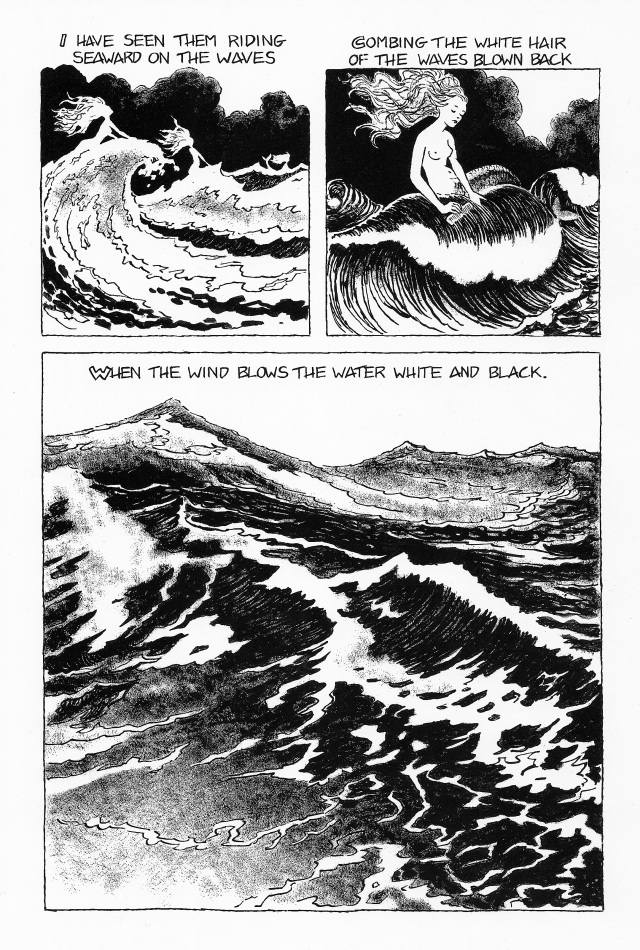
I have seen them riding seaward on the waves
Combing the white hair of the waves blown back
When the wind blows the water white and black.
We have lingered in the chambers of the sea
By sea-girls wreathed with seaweed red and brown
Till human voices wake us, and we drown.
Source: Collected Poems 1909-1962 (1963)


![That Was the Whopper Weekend That Was [Illustrated] welcometohell](https://americandigest.org/wp/wp-content/uploads/2021/05/welcometohell-150x150.jpg)
![Allen Ginsberg: The Interview, <strong> ➡ 1972 ⬅ </strong> [Republished by unpopular demand] ginsbergnirvana](https://americandigest.org/wp/wp-content/uploads/2022/05/ginsbergnirvana-150x150.jpg)




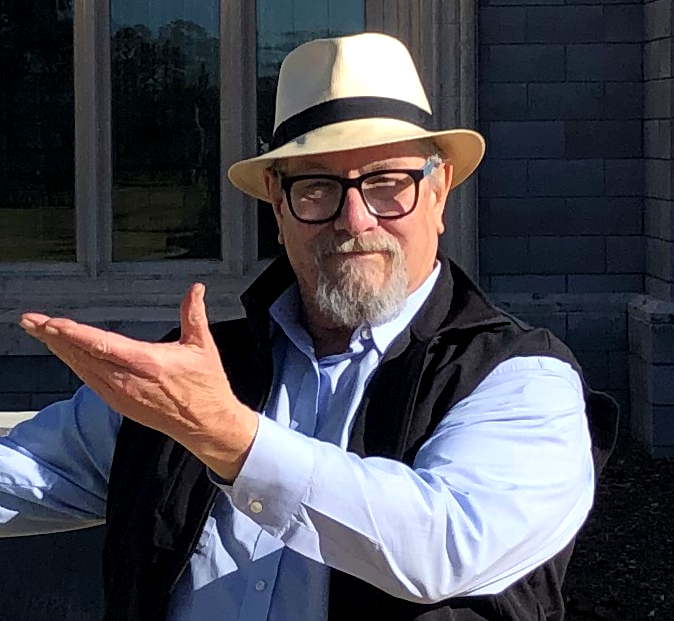 Gerard Van der Leun
Gerard Van der Leun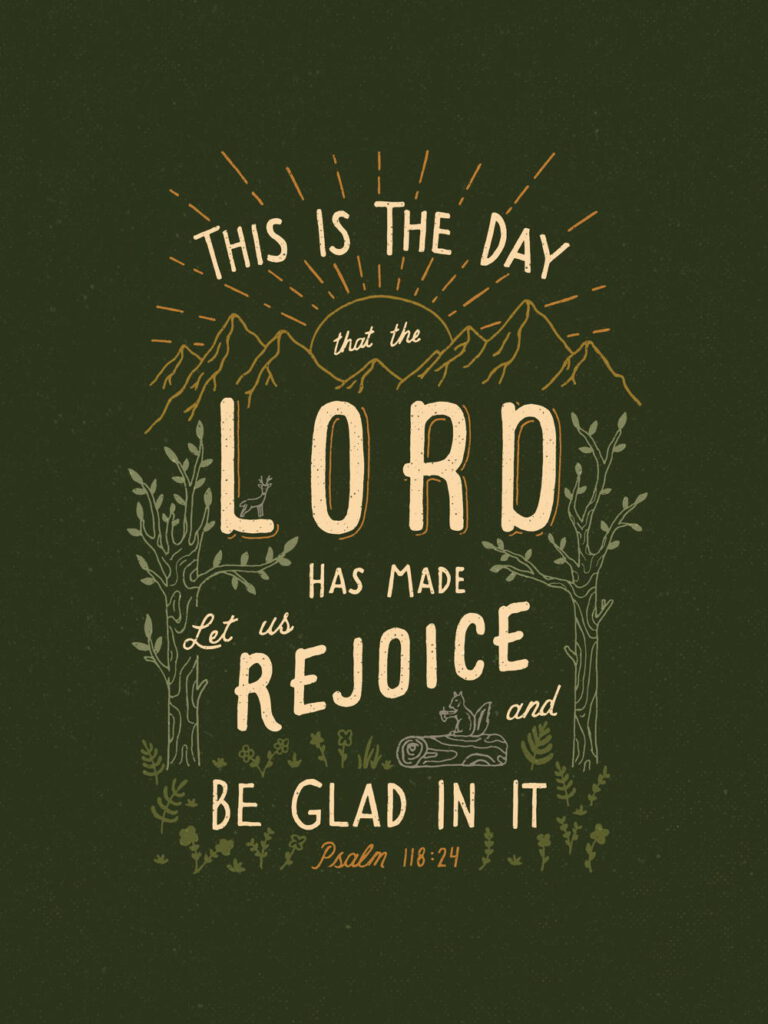



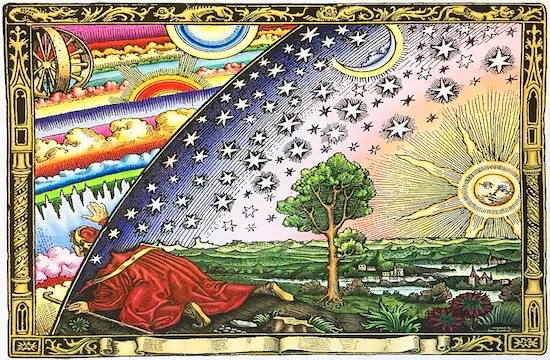

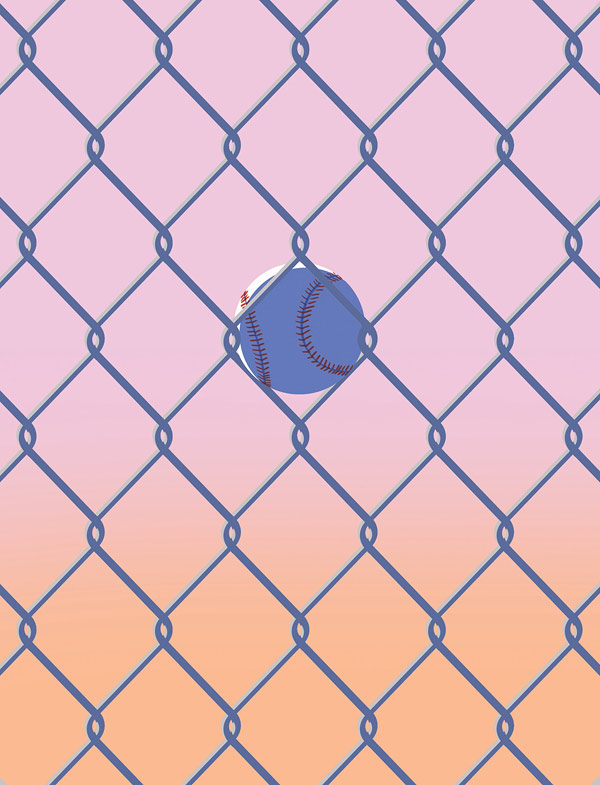
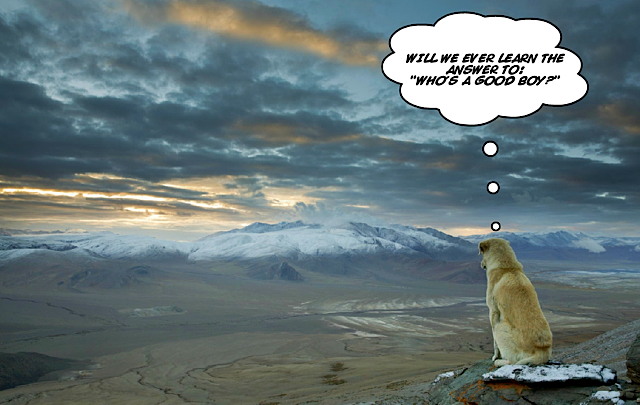

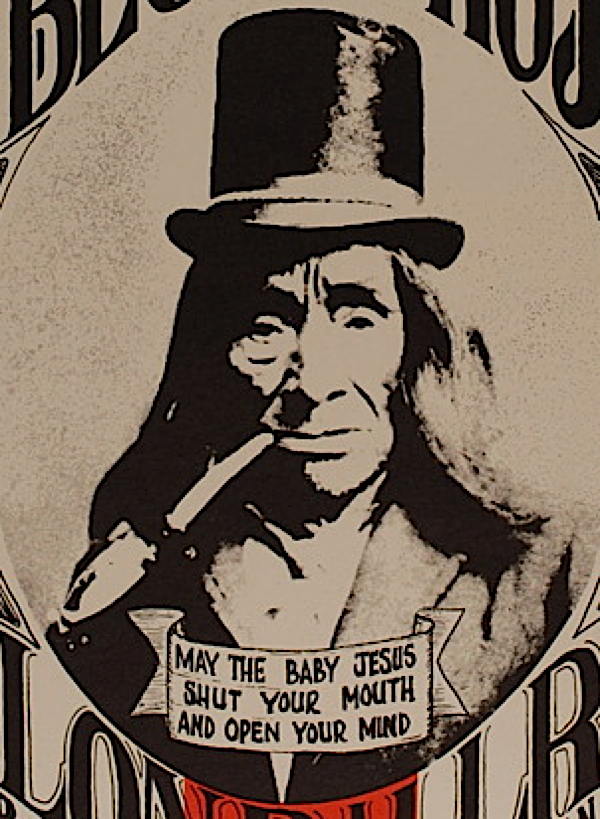

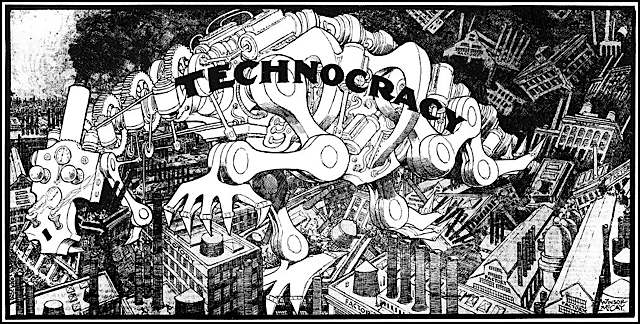

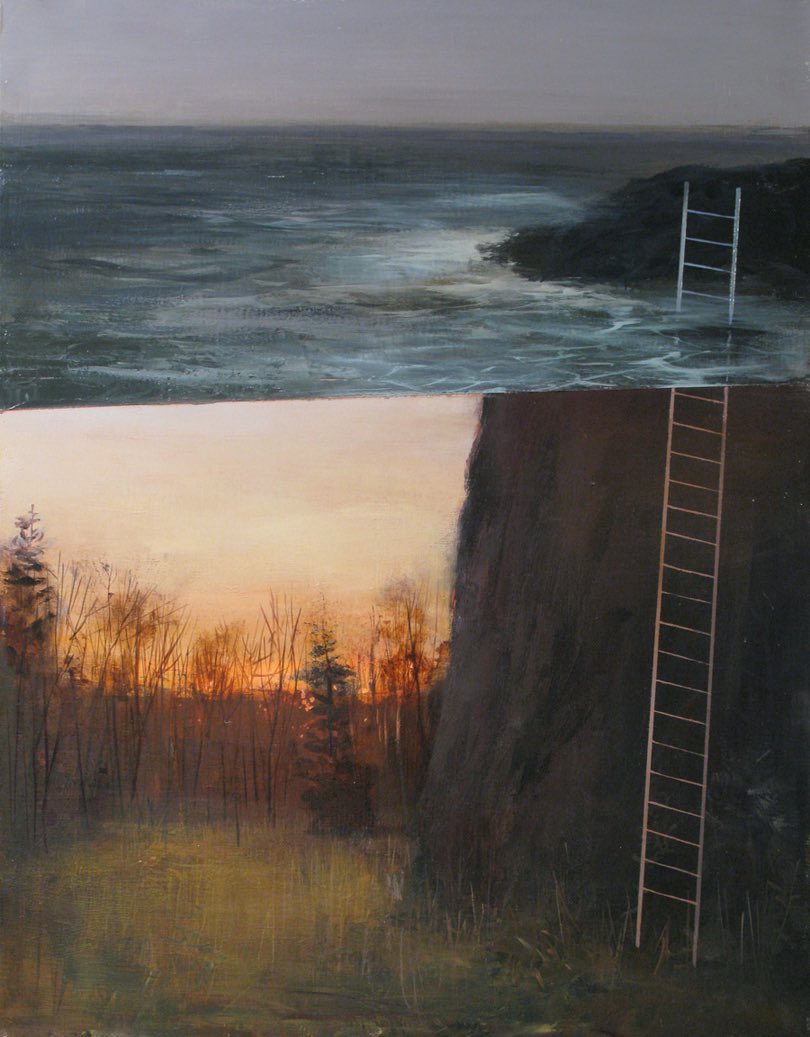


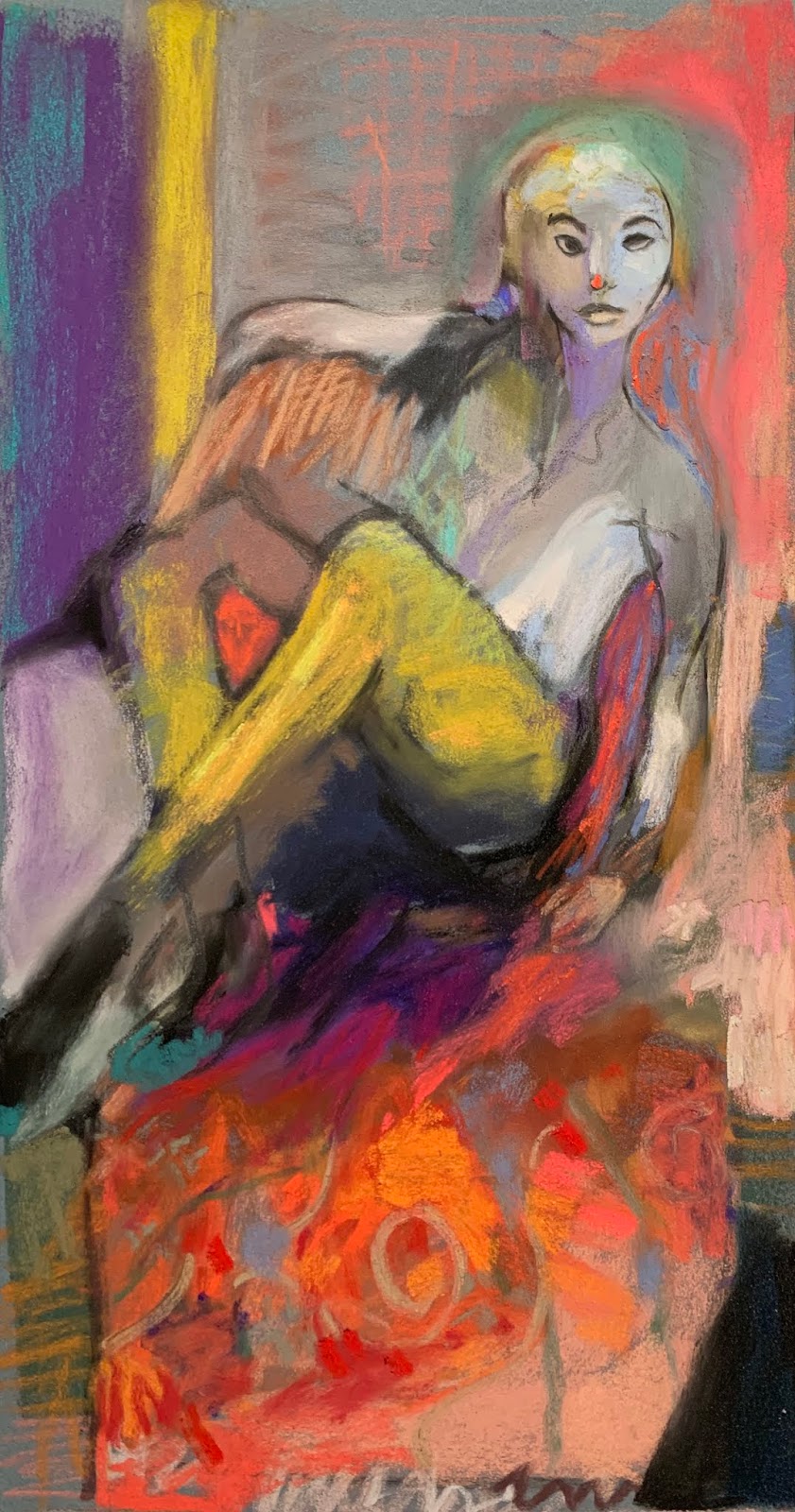
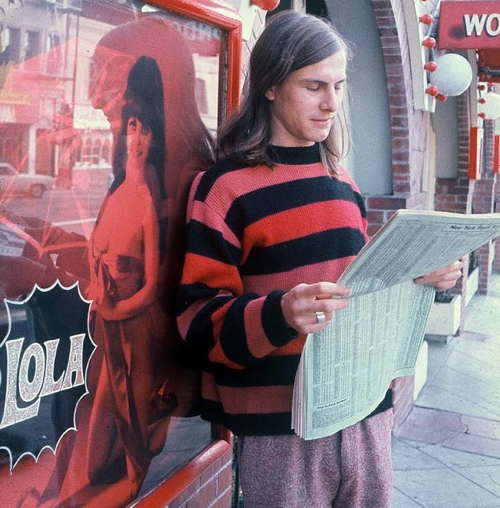
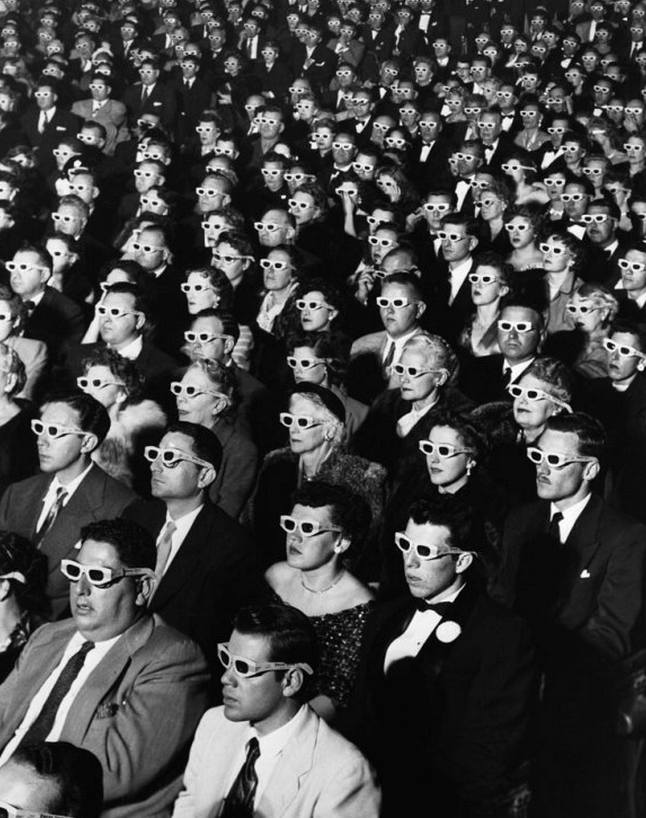
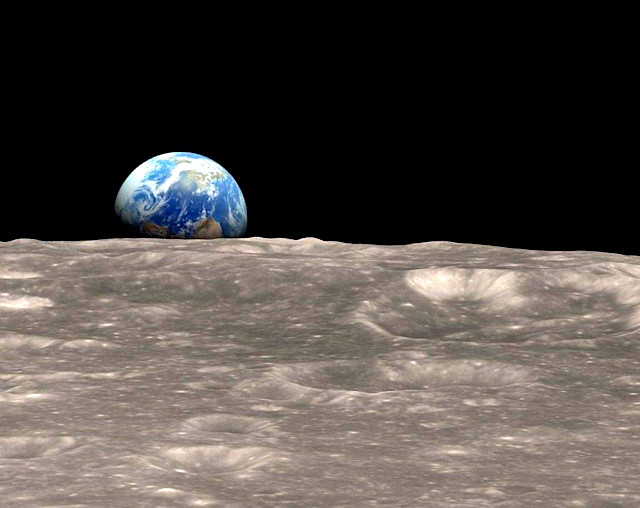


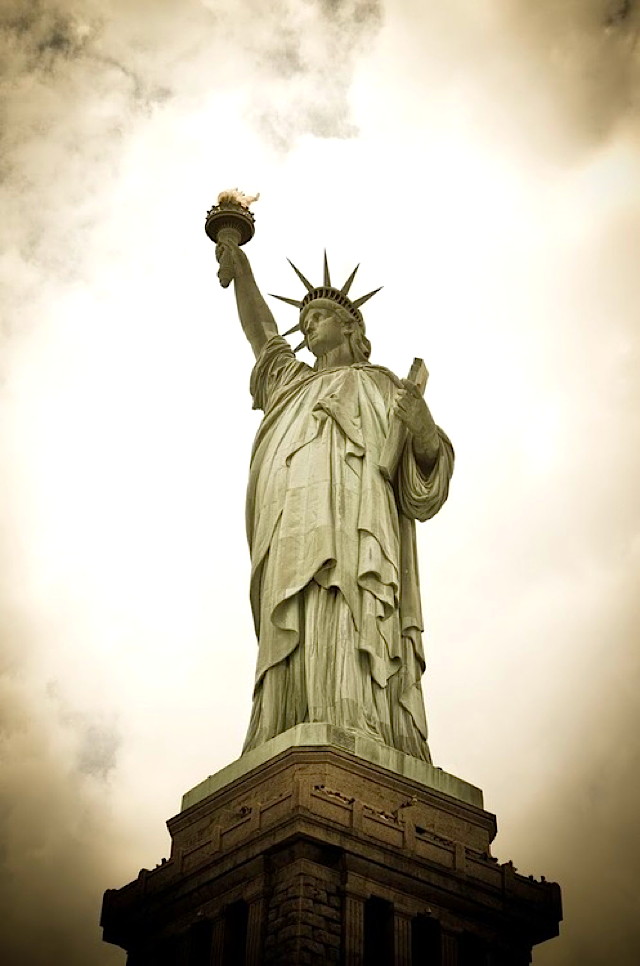
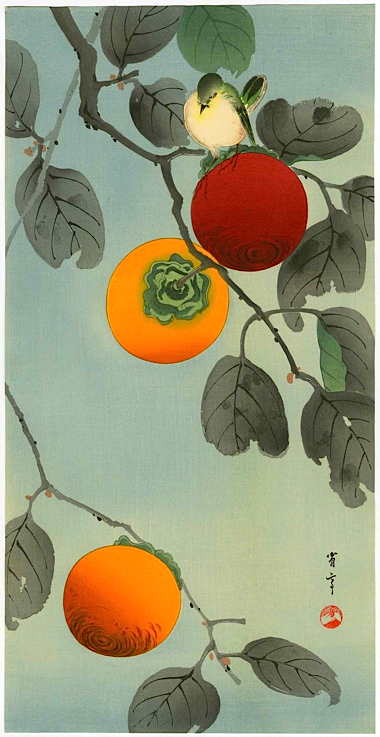

Comments on this entry are closed.
A great and seminal poem, yes, and your analysis is correct, but in response C..Lewis speaks for me:
I am so coarse, the things the poets see
Are obstinately invisible to me.
For twenty years I’ve stared my level best
To see if evening–any evening–would suggest
A patient etherized upon a table;
In vain. I simply wasn’t able.
To me each evening looked far more
Like the departure from a silent, yet a crowded, shore
Of a ship whose freight was everything, leaving behind
Gracefully, finally, without farewells, marooned mankind.
That’s C.S.Lewis, obviously. And there is more to his poem, called “A Confession.”
I have read, and re-read this poem dozens of times. I have the same volume of Eliot’s work, and this poem is a good part of the reason I bought it. Prufrock always pulls me in, and holds me. I never stop half way, and move on. I always read it to the last line. And it always moves me, and always makes me sad. It is a sad poem, about a sad man.
But I’ll confess. Every time I’ve read it since back when I was in high school, I leave unsure of what it is supposed to mean. I don’t need the images all neatly tied up in just-so allegory. But as much as I love this piece I still leave wondering what it is that I just read.
JWM
“The Lovesong is a stern reminder of how far our poetry has fallen in terms of the spoken word in the last few decades.”
I’m curious about the choice of video. The gritty black & white, the mumbling monotone of the reader, the unkempt bearded young man. It would fit a passage from Ulysses well enough. It didn’t seem to go along with this poem at all.
JWM
Yep. And what staggered me was when I learned some years ago that Eliot was only 23 when he wrote this. This poem so brilliants grasps the existential struggle of middle-aged men (I’m now 66 myself) that I had always assumed that Eliot himself was that old at the time.
There is much about the poem that is awkward, clunky, repetitive. And yet I will go back and read it aloud, and it moves me to tears.
I, too, have that slim black volume. I think it was the first book of poetry I ever bought. I was a sophomore in college.
Eliot’s poetry is strangely moving, but it always lives on the very edge of meaning. I get only impressions, moods, something is always trying to become clear, but never quite succeeds.
I remember the first time I read this poem. I was in college, at a party where there wasn’t enough dancing, so I was looking at the bookshelves and I pulled down a volume and opened it to this poem. I couldn’t believe it. I read the whole thing, then found a friend and asked her if she knew about this poem. She did, and she was happy for me that I had found it, and we read it again together, and then the guy I had come to party with told me he wanted to go home, and I didn’t, and he didn’t seem to think that mattered, which showed me that he didn’t matter, so he left and I went back to poem, which was clearly far more important. I hadn’t understood what a poem could be. Now I did. Everything had changed. I started asking people about T.S. Eliot, and a literary friend gave me that slim black volume others have mentioned here, which of course I still have, which has an inscription that alludes to all of this, which is touching and amusing to read now.
Thank you for presenting it to us this morning, Gerard!
On the topic of what it means…. In my view, that’s not how it works. As Mallarme tells us, a poem is made not of ideas but of words. It’s what the words do in your mind that matters. If that is meaning, that’s fine, if that is just images, that’s fine, if it is a combination, or something else, an ineffable experience, that’s fine; every combination of words is different and every mind is different, so it’s not a matter of finding an answer or a meaning or an interpretation, it’s just a matter of what happens in your mind, in any given reader’s mind, when you read a certain poem. That experience is personal, but certain aspects of it are universal; that is the mystery of art, nobody can explain it, but we all know it when it happens. Treasure your experience of art for what it is.
Most influential? Maybe, perhaps probably, if you don’t agree that mid 20th century or so poets moved back toward the earlier days; the bard with his lute or harp (guitar).
Looking back to the 19th century, Charles Swinburne’s The Garden of Proserpine, drunken Oxford students stumbling through the town shouting the verses back and forth.
Though I appreciate Eliot’s Love Song and, today, look down to often check that bottoms of my trousers are not rolled, back in the 20th century I, and friends, stumbled drunken through lower NYC shouting;
“Oh, where have you been, my blue-eyed son?
Oh, where have you been, my darling young one?
….
And it’s a hard, and it’s a hard, it’s a hard, and it’s a hard
And it’s a hard rain’s a-gonna fall”
Yes, its’ true that the role of real poetry has been taken over by the singer/songwriter for the reason of making more money and gaining more fans/readers/listeners…. and the White Whale of them all is Nobel Prize winning Dylan.
This item focuses only on spoken word poetry/ read silently poetry which has a different sort of heft and weight in the arts.
Gerard, I’d be interested in your thoughts about essential volumes of poetry (American, 20th century). I understand it’s a near-impossible task, but still. Am fond of Gary Snyder, Peter Viereck, Anthony Hecht, Eliot (of course), etcetera . . . and yet, one goes to buy a few books, gets completely overwhelmed, ends up with nothing.
I too had the thunderbolt experience with this poem when I was in my early twenties (I’m almost 63). Commenter bfwebster, above, is correct: It “grasps the existential struggle of middle-aged men” so perfectly. Why this poem resonated with me when I was so young is still a mystery. I sometimes quote Eliot to my wife when we’re going out to a big party or event: “time to prepare a face to meet the faces that you meet.” Then again, I was listening to Mahler and Bruckner at that age, so there’s that. The one I still take a crack every once in a blue moon is “The Waste Land.” Still trying to understand that one…